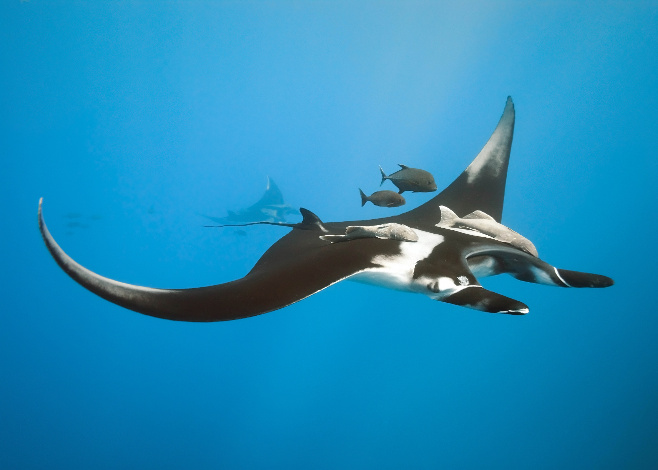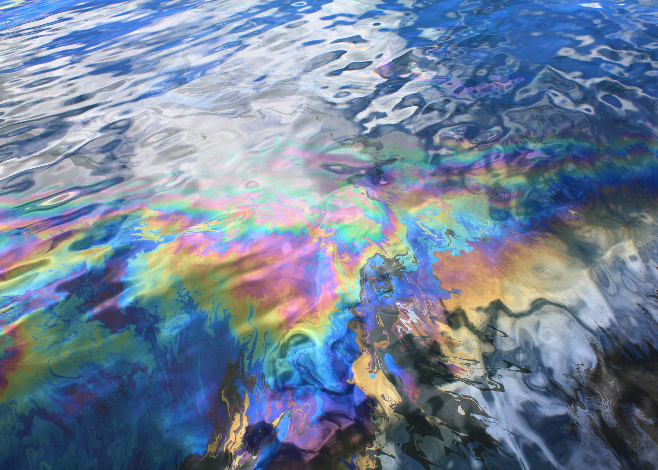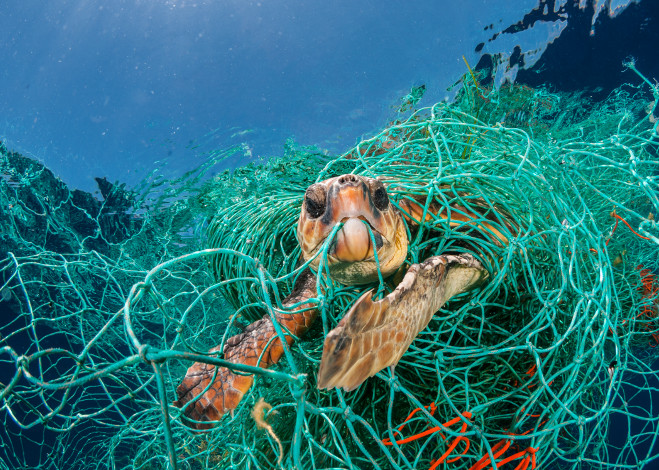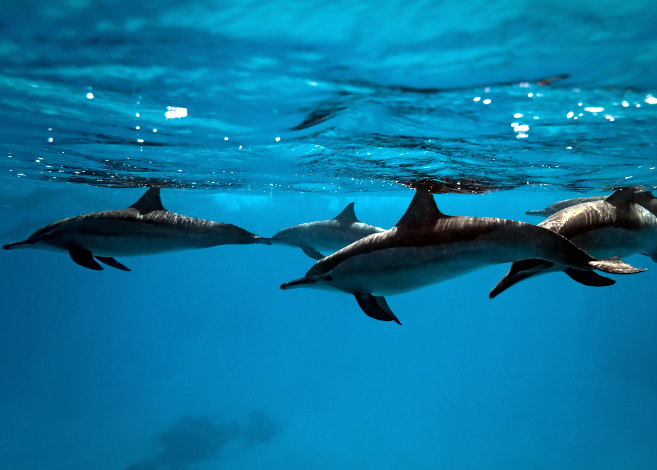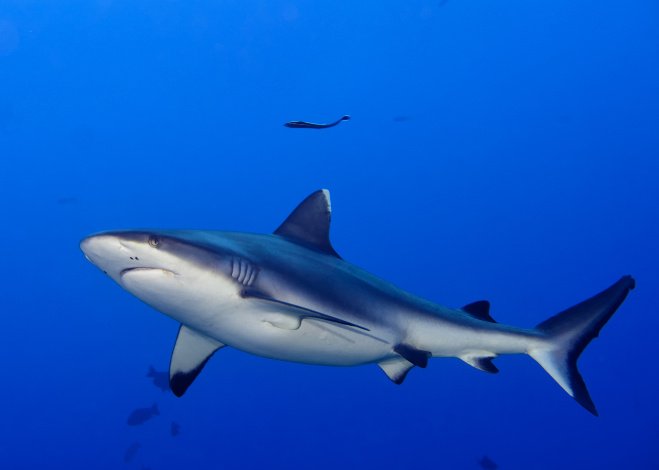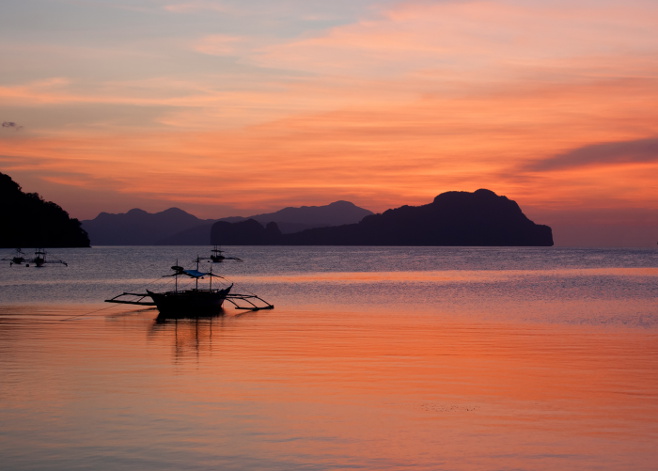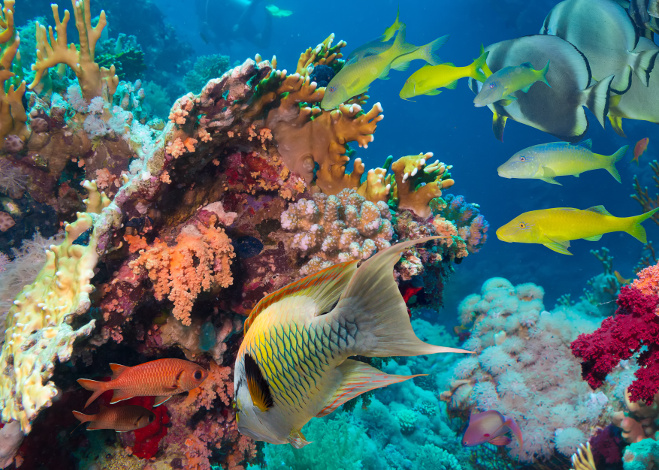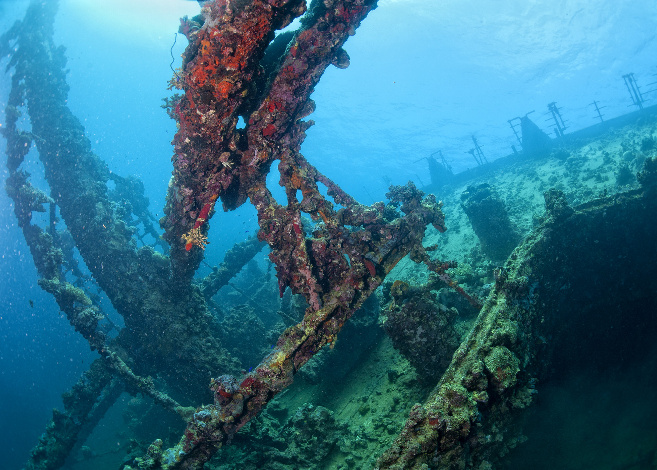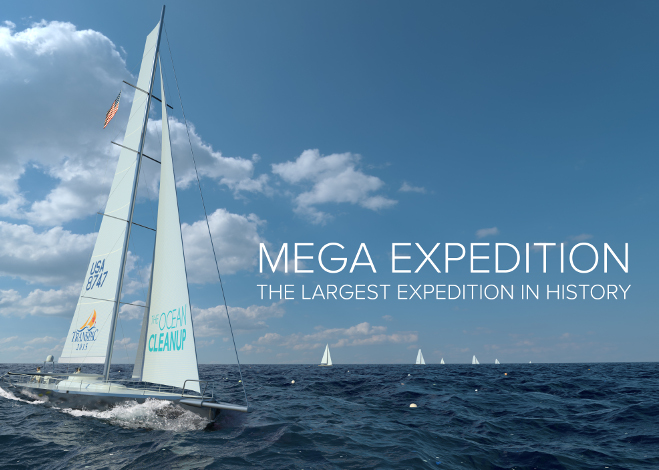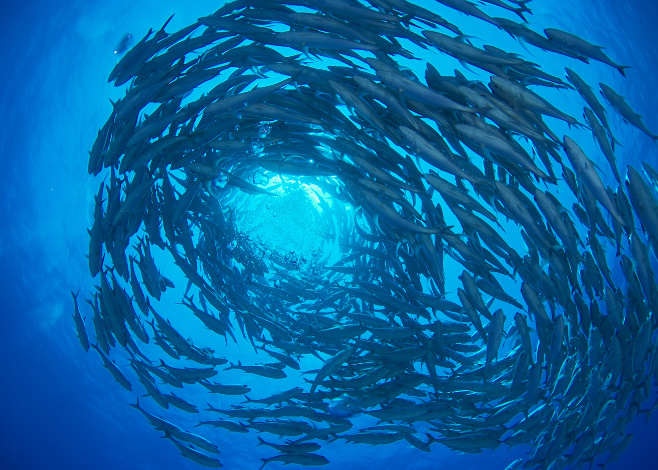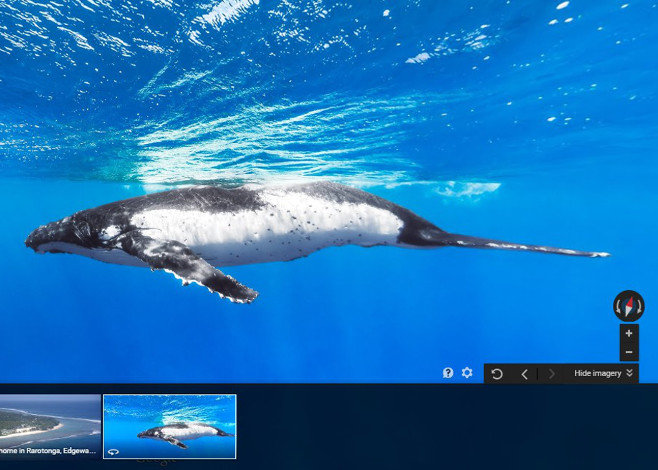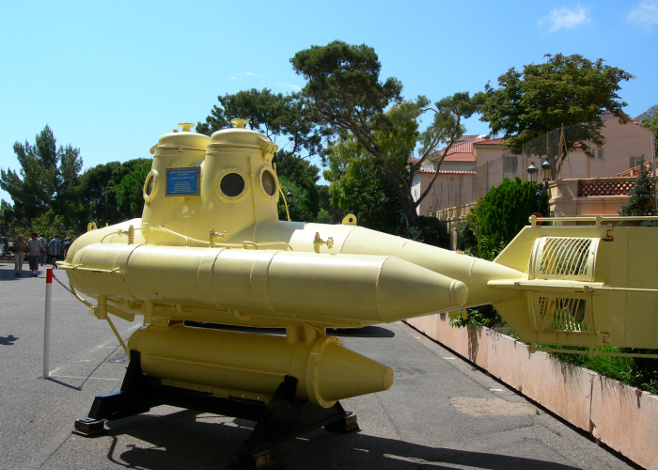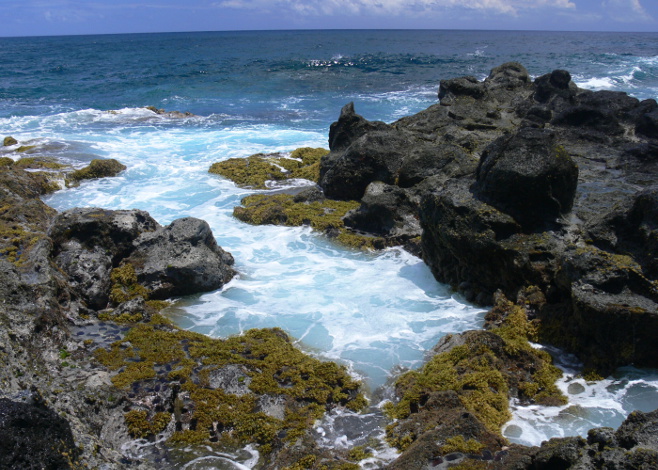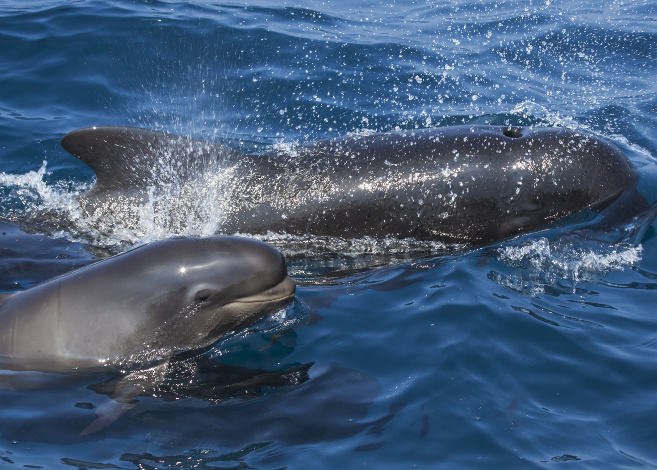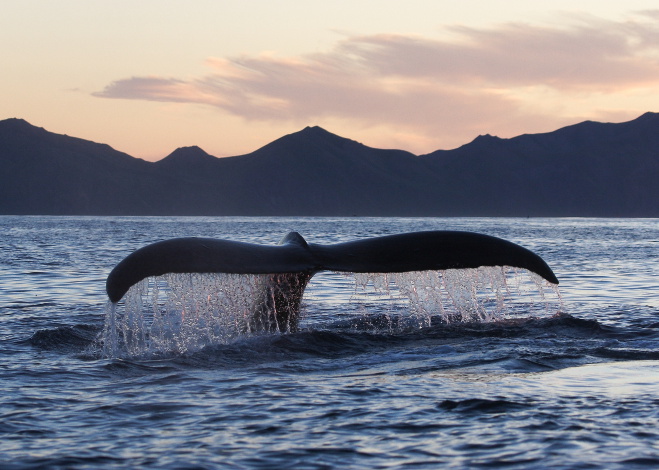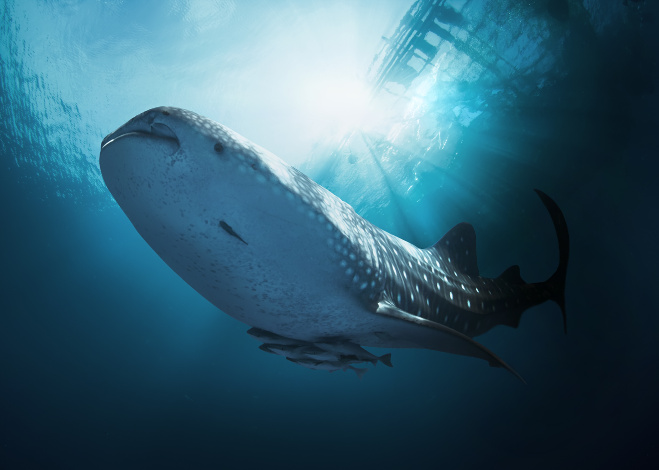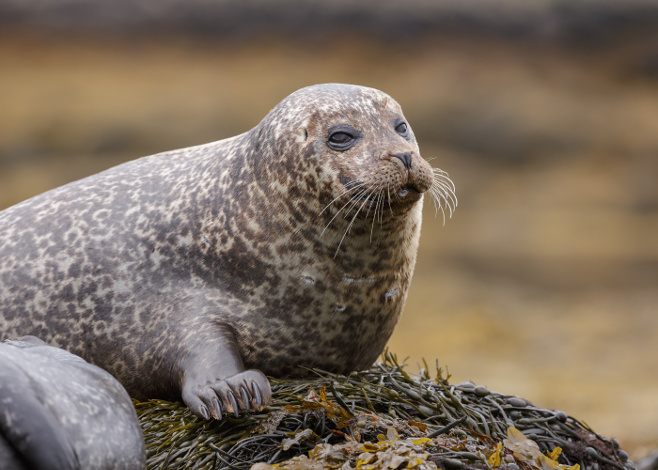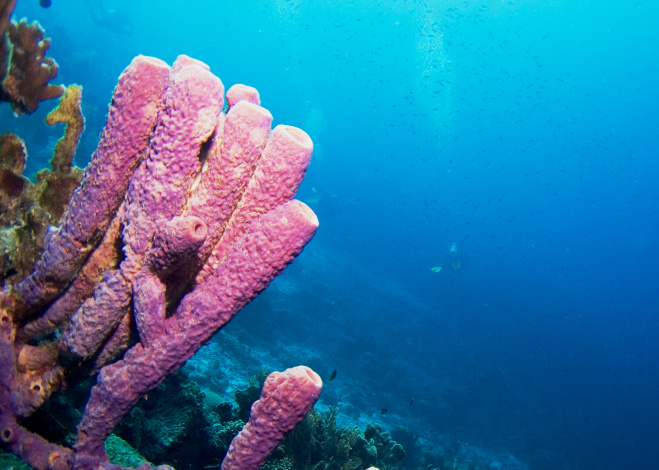Manta and devil rays to gain increased protection, but sharks and bluefin tuna left out
Conservation
British Petroleum (BP) reached a settlement to pay the U.S. federal government, along with the states of Louisiana, Alabama, Texas, Florida and Mississippi, a total of $18.732 billion dollars in damages caused by the spill.
To help tackle the problem of marine waste, Fourth Element launched OceanPositive, a line of swimwear and rashguards made using recycled marine waste.
In The Cultural Lives of Whales and Dolphins, Whitehead and Rendell write that understanding cetacean culture will affect the way we view our responsibilities towards them.
Hopefully, such action will inspire other states and nations to adopt a similar stance, and in so doing, help protect our oceans for the future.
Tensions have intensified in recent weeks, after satellite images showed that China has already commenced major construction and land-reclamation projects on disputed land, despite the fact that the territory dispute is far from resolution.
A number of organizations offer the option of “adopting” a coral or an entire reef
Are divers loving the Thistlegorm to death, merely by breathing?
Teenager’s invention may provide hope for tackling marine debris
If you’re unwilling to exclude marine species from your diet entirely, you can make sure to consume only those species that currently deemed sustainable. Here are five fish that should never, ever appear on your plate again.
In collaboration with partners, the search giant boosts underwater views on its maps service
The Conshelf missions paved the way for an era of underwater habitats and research stations; today, the last remaining one is the Aquarius Reef Base, located in the Florida Keys National Marine Sanctuary.
The creation of the Pitcairn Islands Marine Reserve means that the U.K. now administers the world’s two largest marine reserves, and that nearly 22 percent of Britain’s territorial waters are protected.
Ultimately, the more people who train as marine-mammal medics the better, because with every new certification, the better the chance of survival for those animals affected by disasters like strandings and entanglement.
It would seem that the sei whales ostensibly being killed by the Japanese for research purposes are instead being processed as part of an illegal trade in whale meat.
I went to Mozambique looking for an escape from reality; what I got was the inspiration to pursue a brand-new reality instead.
The sheer scale of Canada’s seal hunt triggers global outrage every year, and yet few people know that seal slaughters happen elsewhere, too, albeit on a much smaller scale.
Perhaps if we start to see the ocean as the source of potential cures for cancer, Alzheimer’s, AIDS, or any other diseases that affect the human race, we will be encouraged to fight harder than ever before for its protection.


